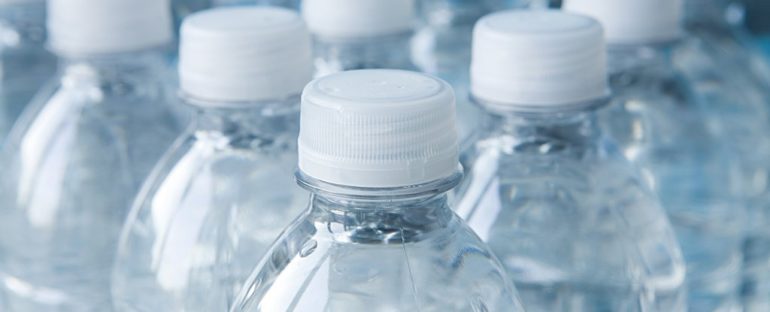It’s no secret that bottled water has more of an impact on the environment than filling up a bottle from the tap, but now researchers have crunched the numbers on just how much difference there is – and it’s a lot.
Using Barcelona in Spain as a test case – home to some 1.35 million people, around 58 percent of whom consume bottled water at least some of the time – the new study estimates what the impact would be if everyone in the city switched completely to drinking bottled water.
The extra production burden would cost an extra US$83.9 million annually and lead to the loss of 1.43 animal species per year on average, the team found, due to the process of extracting and processing the raw materials needed.
There would be approximately 1,400 times more impact on ecosystems and 3,500 times more cost in terms of resources, compared with everyone in the city switching over to tap water and nothing else, the researchers worked out.
“The higher environmental impact of bottled water was attributed to the high input of materials (i.e., packaging) and energy needed for bottled water production as compared to tap water,” write the researchers in their published paper.
Those figures are based on the Life Cycle Assessment commonly used by scientists, which weighs up the environmental load of a product over its entire lifespan: raw material extraction, manufacturing, transportation, distribution, use, and disposal.
In this case, the team did something unusual: they combined the LCA with a similar framework used to measure health, called the Health Impact Assessment (HIA). The aim was to see what sort of health trade-offs there might be when weighing up bottled water versus filtered and unfiltered tap water.
(Villanueva et al., Science of the Total Environment, 2021)
While the general consensus is that tap water and bottled water are equally safe to drink – not least because tap water is subject to much stricter regulations from governments – tap water can take on chemicals called trihalomethanes as it’s cleaned, which have been linked to bladder cancer.
The researchers say there is a health risk, but that it’s a very small one. If Barcelona switched en masse to tap water, life expectancy would drop by two hours per person, on average, or about 309 years of life years lost. With filtered water, that risk would go down further, to 36 years.
“Tap water quality has increased substantially in Barcelona since the incorporation of advanced treatments over the last years,” says environmental epidemiologist Cristina Villanueva from the Barcelona Institute for Global Health (ISGlobal).
“However, this considerable improvement has not been mirrored by an increase in tap water consumption, which suggests that water consumption could be motivated by subjective factors other than quality.”
Those factors could include risk perception, taste, odor, the impact of marketing campaigns by bottled water companies, and a lack of trust in public tap water quality, according to the researchers.
Consumption of bottled water is rising, and quite sharply in some areas, so it’s important that we’re all aware of the environmental consequences of buying and drinking water this way – not just in the production of the plastic, but also its disposal.
While the researchers admit some limitations to their study – including the Barcelona focus, the difficulty of combining the LCA and HIA measurements, the application of country-wide statistics where they weren’t available for the city, and several other approximations – it’s a worthwhile reminder of the environmental impacts of our choices.
“Our results show that considering both the environmental and the health effects, tap water is a better option than bottled water because bottled water generates a wider range of impacts,” says environmental epidemiologist Cathryn Tonne, also from ISGlobal.
The research has been published in Science of the Total Environment.



